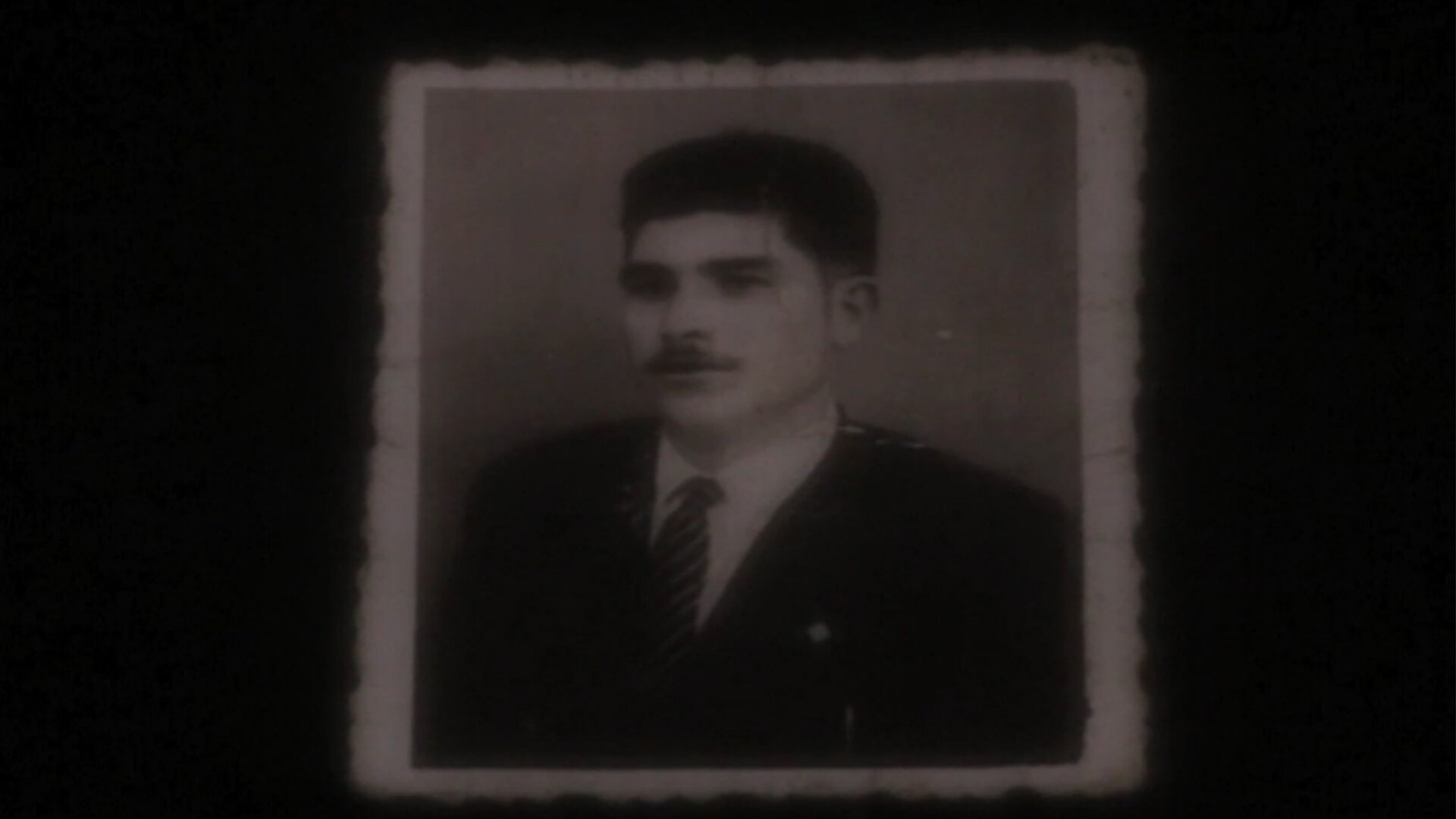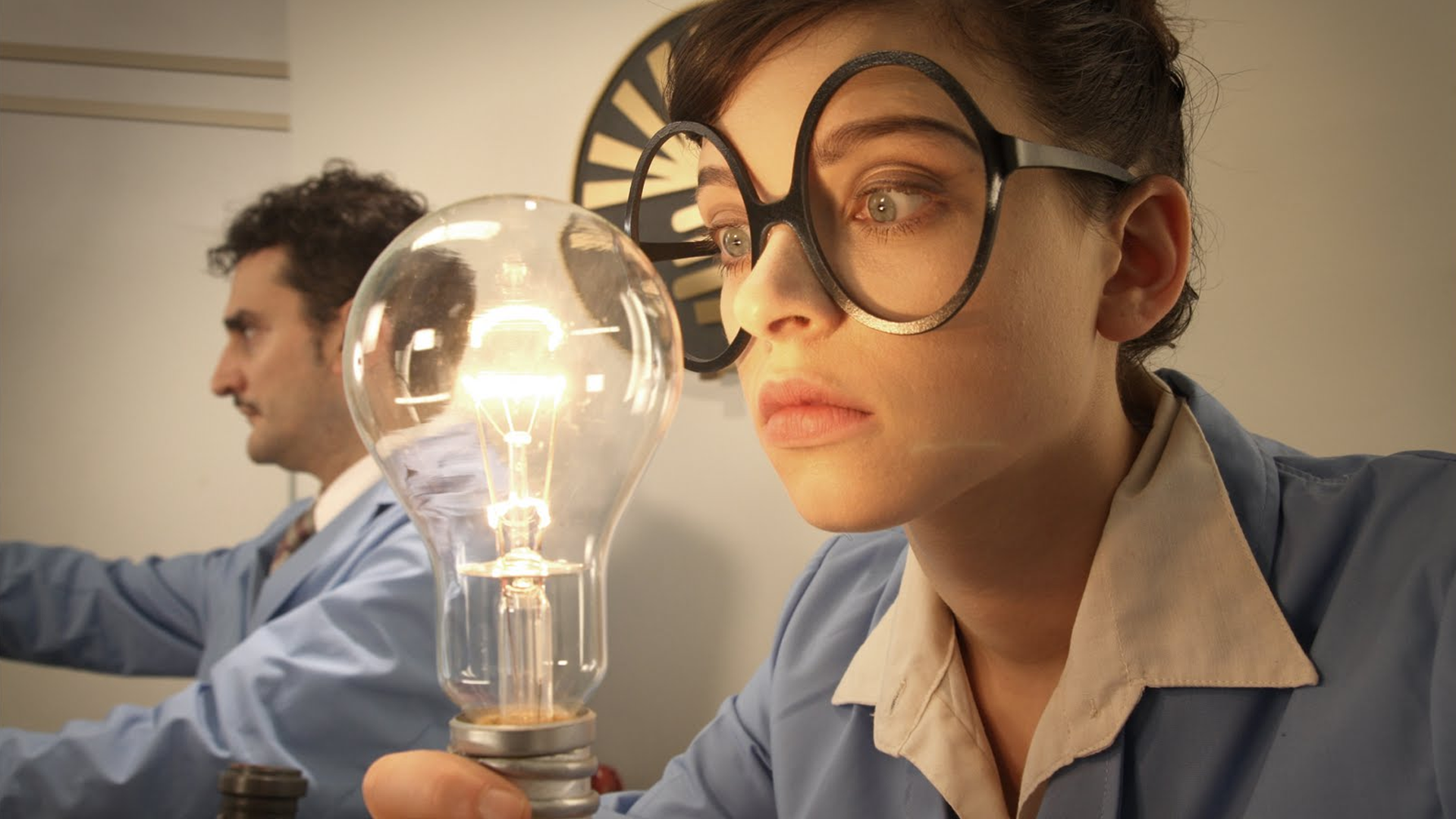Review by Ricardo Vieira Lisboa
Gabriel Abrantes is one of those unstoppable directors whose productivity is unmatched by any other Portuguese film director — only perhaps Salomé Lamas, whose short films have been screened last year. For this reason, his filmography has been re-shaped elegantly as he directs new films, at the rate of two films per year, more or less. Looking at Abrantes’ integral body of work, one can easily identify a turning point moment — not only in terms of narrative, but also, and above all, in aesthetic terms — marked by the film Ennui Ennui (2013).
Although there is an oscillation between the two periods of his work, it is clear that a split, even if not complete, with respect to the first period of his work that was more pictorial and close to video art and performance art, is highlighted by several aspects: the introduction of digital effects, the appropriation of a North American mainstream aesthetic (and from popular culture as a whole, Abrantes often quotes the O.C., the Farrelly brothers’ comedies and Michael Bay’s action films), the clarity of his framing, and the introduction of satire and humour as instruments for reflection on the great issues of today (technology, instincts, sexuality and now gender identity and the refugee crisis). In addition to all this, there is also his exploration of cinematographic genres (documentary, horror, comedy, science fiction, period film, ethnographic film, etc.) that always appear mixed with each other and filtered by his pop understanding of culture as a whole. Diamantino is, in a way, the conclusion of this second period.
In fact, the film begins as a parody or satire (depending on the degree of acidity you want to attribute to it) of the greatest living Portuguese football player in the world, Cristiano Ronaldo.
One must admit that the portrait begins as a caricature, as in fact most of Abrantes’ previous works do: he has portrayed comically such historical figures as Manet, Brancusi, Luís Vaz de Camões, Obama, Justin Bieber or Werner Herzog. For this, the director has invited, once again, the actor Carloto Cotta to play the role of Diamantino, which is not very different from the characters he had already played in The Hunchback (2016), Freud und Friends (2015) or even Fratelli (2012). That is: the patsy, reminding a bit of the typical character played by Jerry Lewis. However, this patsy turns out to be something much more touching and sensitive than a first impression could conceive (as in Jerry Lewis’ films).
As the director said in public presentations, “this is a film about a person so candid and so naive, that he allows himself to experience things to which none of us would be available”.
And that is the core of Diamantino: giving time and space to allow a character to develop from the mere caricature (which is never fully achieved) into a full-bodied person, someone that turns out to be sweet and romantic (an emotional and narrative arch only possible in a feature-length film). And this is where it is convenient to focus our attention: on the ambiguity with which the film works, between fooling around and taking it seriously, between political content and pure surrealist reverie, between parody and sincerity.
It is exactly within these grey areas that the film seems to delight itself and the directors with it (the film is co-directed with Daniel Schmidt), leaving the spectator always unready and uncertain whether it will be in bad taste to make fun of the reaction to the refugees or to ridicule the Portuguese accent from the Madeira island. But here is where Abrantes and Schmidt find their space, working on the razor’s edge of the now so-called “politically correctness”. If one watches the film carefully, one rapidly understands that a large part of its humorous outputs has enormous disruptive power that always comes from the spectator’s position. Our attitude as moralizing spectators is questioned successively by the directors and their candid character, until, in the end, there is only room for empathy and love.












































